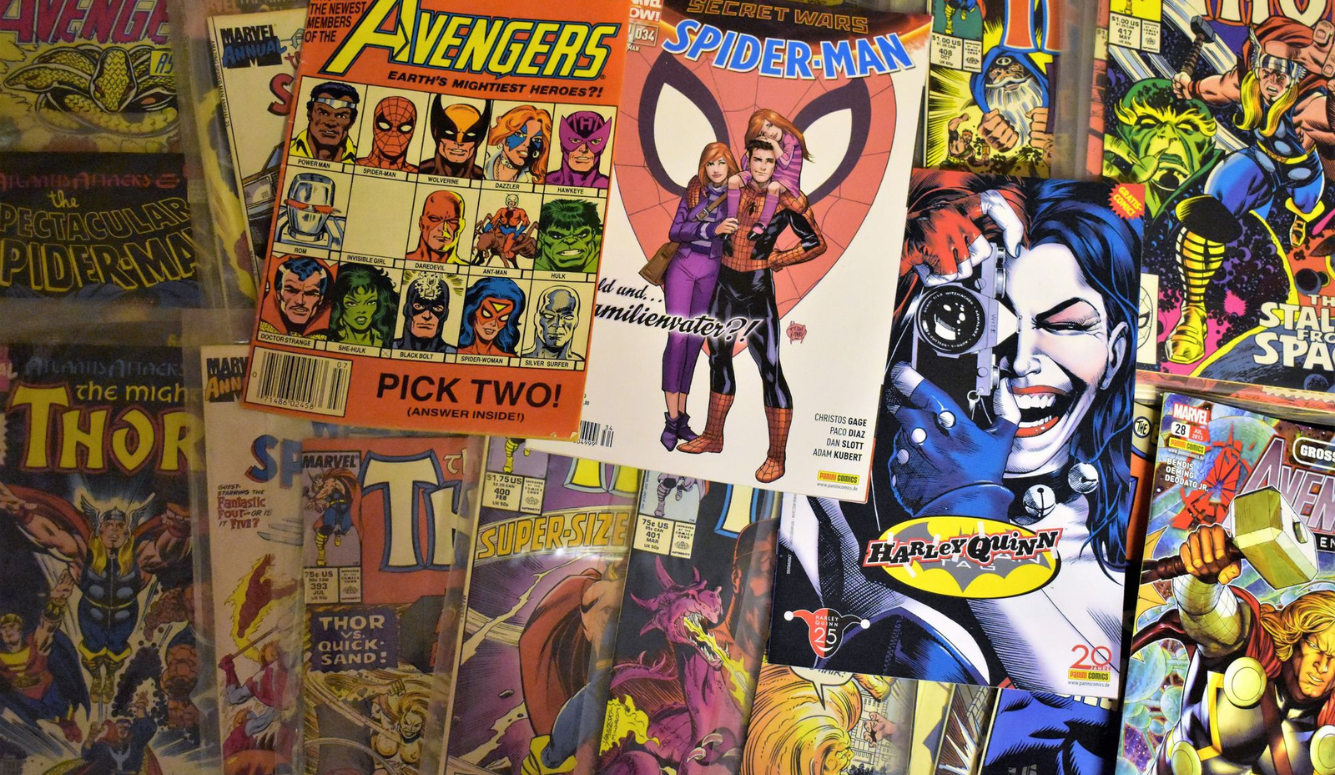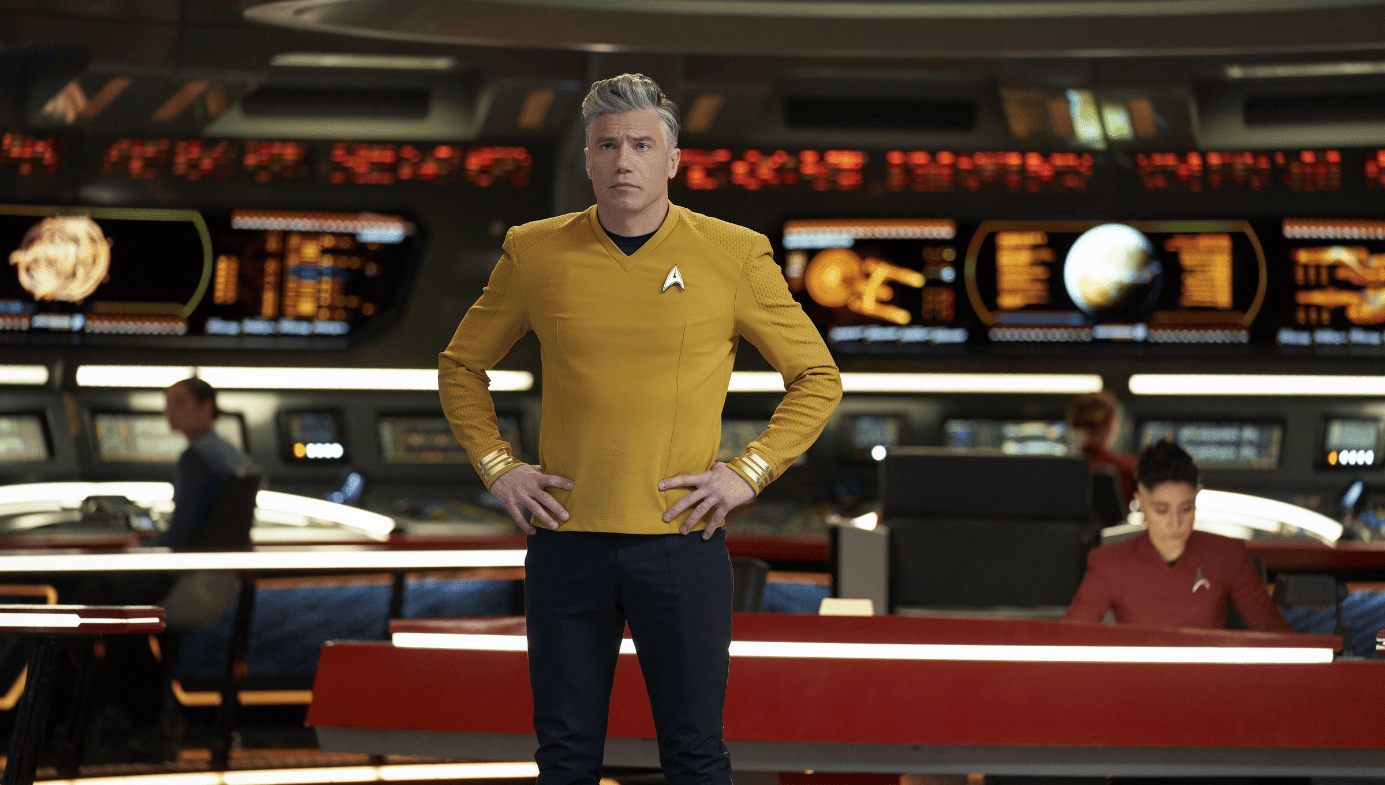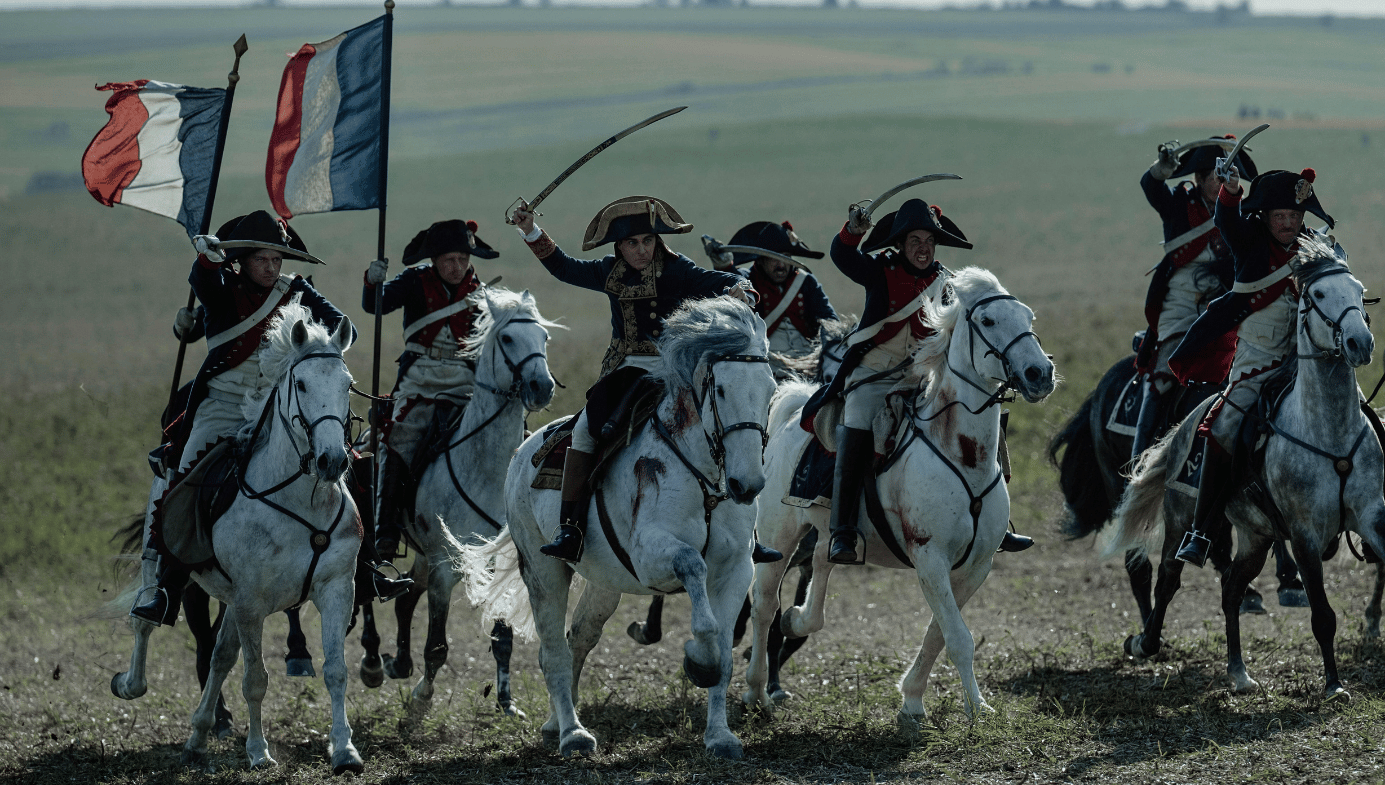film
How Superhero Franchises Are Killing Original Cinema
Most new movies feature neither good storytelling nor innovative filmmaking. Instead, they rely on the nostalgia of ready-made fan bases.

This has been a tumultuous year for the American film industry. Numerous high-budget films have bombed at the box office, actors have gone on strike, and streaming services continue to threaten Hollywood’s traditional business model. Amid this upheaval, Christopher Nolan’s Oppenheimer (2023) became an unlikely blockbuster. Oppenheimer is very different from most popular films of the past fifteen years: it’s not a superhero movie or a sequel to a film series that peaked in the 1980s. It is a bleak tale about the inventor of the atomic bomb. Its success is especially ironic given that Nolan helped supercharge the recent trend away from originality and towards spin-offs, thanks to the enormous popularity of his 2008 film The Dark Knight.
Nolan is the only director under the age of seventy who can currently get an original film in the $100-million budget range greenlit. He began his career with the small-budget independent film Following (1998), progressed to the lowish-budget studio film Memento (2000), and later to the mid-budget thriller Insomnia (2002) starring Al Pacino, Robin Williams, and Hilary Swank. Memento and Insomnia were both critical and box office successes and proved that Nolan could work with big-name actors. Warner Bros. then entrusted him with reviving the Batman franchise, starting with Batman Begins (2005). Its critically acclaimed sequel The Dark Knight was the highest grossing film of 2008, making $158.4 million on its opening weekend in the United States alone. Its success brought Nolan the creative and financial freedom to make movies like Inception (2010), Interstellar (2014), Dunkirk (2017), and Tenet (2020)—big-budget films based on original concepts.
While The Dark Knight opened up greater creative possibilities for Christopher Nolan, it closed that same door for everyone else. The unexpected successes of both The Dark Knight and Marvel’s Iron Man (2008) caused the film industry to shift gears. Warner Bros., which owns DC Comics, decided to go all in on superheroes. Superman was revived in film form and Wonder Woman was given her own film for the first time. The success of those two movies led Disney to purchase Marvel Comics in 2009 and ramp up production on first films and then streaming TV shows featuring characters from the Marvel Universe, such as Captain America, Thor, Black Panther, Black Widow, Hawkeye, Ant-Man, and the Guardians of the Galaxy. During the 2010s, the Marvel Cinematic Universe chalked up win after win at the box office. The Avengers (2012) earned $1.5 billion worldwide. Infinity War earned $2 billion at the global box office, while Endgame earned a staggering $2.8 billion worldwide, making it the highest grossing film ever made until Avatar (2009) was rereleased into cinemas.
Just as Oppenheimer’s atomic bomb sparked a nuclear arms race between the United States and the Soviet Union, The Dark Knight sparked a blockbuster arms race in Hollywood. Other conglomerates began to greenlight films based either on superheroes or on other preexisting intellectual properties (IPs), such as Star Trek, Star Wars, Lord of the Rings, Harry Potter, Transformers, Ghostbusters, and Jurassic Park. Most of these movies feature neither good storytelling nor innovative filmmaking. Instead, they rely on the nostalgia of ready-made fan bases. After all, why create a new audience for a new idea, when you can keep retelling the same story and featuring the same characters over and over again?

The studios have also begun to exercise ever more artistic control over these productions. Director Lucrecia Martel recently turned down Disney’s offer to make Black Widow (2021) because the film’s action sequences were to be overseen by the studio’s stunt and visual effects staff, rather than the director herself. The Marvels (2023) director Nia DaCosta claims that Marvel Studios President Kevin Feige was in charge of most of that movie.
The cult of the movie star has also diminished thanks to the one-two punch of streaming and the film industry’s increasing reliance on IPs. As Quentin Tarantino has noted, Captain America is the star of the Marvel movies, not Chris Evans. Chris Evans is just a placeholder. The resulting lack of movie stars among the younger generation has led Hollywood to rely on stalwarts like Tom Cruise, Tom Hanks, and Denzel Washington to sell tickets for non-IP driven films, despite the fact that they’re eligible for Social Security. Up-and-coming filmmakers also have little option but to churn out IP-based films, given the difficulties of obtaining funding for their own original projects. Barry Jenkins, who directed Moonlight (2016), the winner of that year’s Golden Globe for Best Drama and the Oscar for Best Picture, is now working on a CGI Disney movie based on the origins of the Lion King character Mufasa. Instead of being given the freedom to work on a non-IP driven film after the success of Barbie (2023), Greta Gerwig has been hired to make Chronicles of Narnia movies for Netflix.
Even the best-established filmmakers have not been spared. Among the directors who now rely on streaming services like Netflix and Apple TV to get their original projects made are David Fincher, director of critically acclaimed box office hits like The Social Network (2010) and Gone Girl (2014); the Coen Brothers, the directors of Best Picture winners Fargo (1996) and No Country for Old Men (2007); and Martin Scorsese, the director of some of the most highly acclaimed films of all time, including Goodfellas (1990), Raging Bull (1980), and Taxi Driver (1976). The market for films aimed at adult audiences and designed to be shown in cinemas has largely dried up—such films have been crowded out by Hollywood’s IP obsession.

There have been other consequences of Hollywood’s IP arms race, too. Streaming platforms like Netflix view cinemas as their competition, rather than as a potential revenue stream, and deliberately try to undercut their rivals by signing stars like Adam Sandler to exclusive contracts and giving films like Glass Onion: A Knives Out Mystery (2022)—the sequel to the highly successful Knives Out (2019)—and Oscar-winner Guillermo del Toro’s Pinocchio (2022) only a limited release in cinemas, thereby encouraging people to watch them at home on a screening platform instead.
Oppenheimer’s success may be a sign that audiences are beginning to tire of IP-driven movies. The Flash (2023) and Indiana Jones and the Dial of Destiny (2023) have been two of the biggest box office bombs of all time and the once unstoppable MCU juggernaut is showing signs of slowing down, too. Ant-Man and the Wasp: Quantumania (2023) fizzled out after an impressive opening weekend and The Marvels (2023) grossed a mere $110 million worldwide, having cost an estimated $200 million to make.
Disney CEO Bob Iger has admitted that the barrage of Marvel movies and streaming shows on Disney+ has diluted the brand. However, he has doubled down on the need for more executive oversight during the production of Marvel films, even though the quality of Disney films has suffered as a result of the fact that creative decisions are increasingly taken by the company’s bureaucrats, rather than by creatives. Visual effects in Disney’s recent films have been shoddy. Captain America: Brave New World, which is slated for a February 2025 release date, is undergoing extensive reshoots because Marvel was not happy with the action sequences and poor test screenings. It appears that Disney and other conglomerates will have to endure several more box office bombs before they change course.
To add to this marketplace uncertainty, the Screen Actors Guild and the Writers Guild of America went on strike this summer over poor residual payments from streaming services, the use of artificial intelligence, and staff redundancies. Nolan views the impact of streaming services as a major cause of this widespread dissatisfaction:
Part of the craziness with the labor negotiations this summer has been the studios sitting there and going, “Well, we can’t pay you because we don’t have enough money” … to which the answer is “Well, you don’t have enough money because you’re not managing your business correctly. You’re not getting the same amount of money for your product that you were before.” The shift to streaming has disrupted the entire industry and created problems for everybody.”
Nolan’s skepticism appears to have been validated. Earnings reports from this past year suggest that streaming is not—and may never be—profitable.
The future of the film industry is uncertain. The conglomerates seem more concerned to maximize their quarterly earnings and crush the actors and screenwriting unions than to nurture the long-term future of cinema. The IP-driven blockbusters on which Hollywood has grown dependent are floundering. However, the success of Oppenheimer has proved that audiences still crave original films that address sophisticated subjects—and they want to see such films in cinemas. It’s also a hopeful sign that Ridley Scott’s historical epic Napoleon (2023) has grossed over $130 million dollars at the box office despite mixed reviews.
It’s too early to tell if Christopher Nolan is once again at the forefront of a massive change in the film industry—this time away from executive-driven IP blockbusters to creative-driven original projects. But the film industry wouldn’t have churned out IP movie after IP movie if audiences didn’t want to see them. Will they keep showing up for films like Oppenheimer? It is the moviegoers themselves who will have the final say in which direction the film industry takes or even whether there will be a film industry at all.






